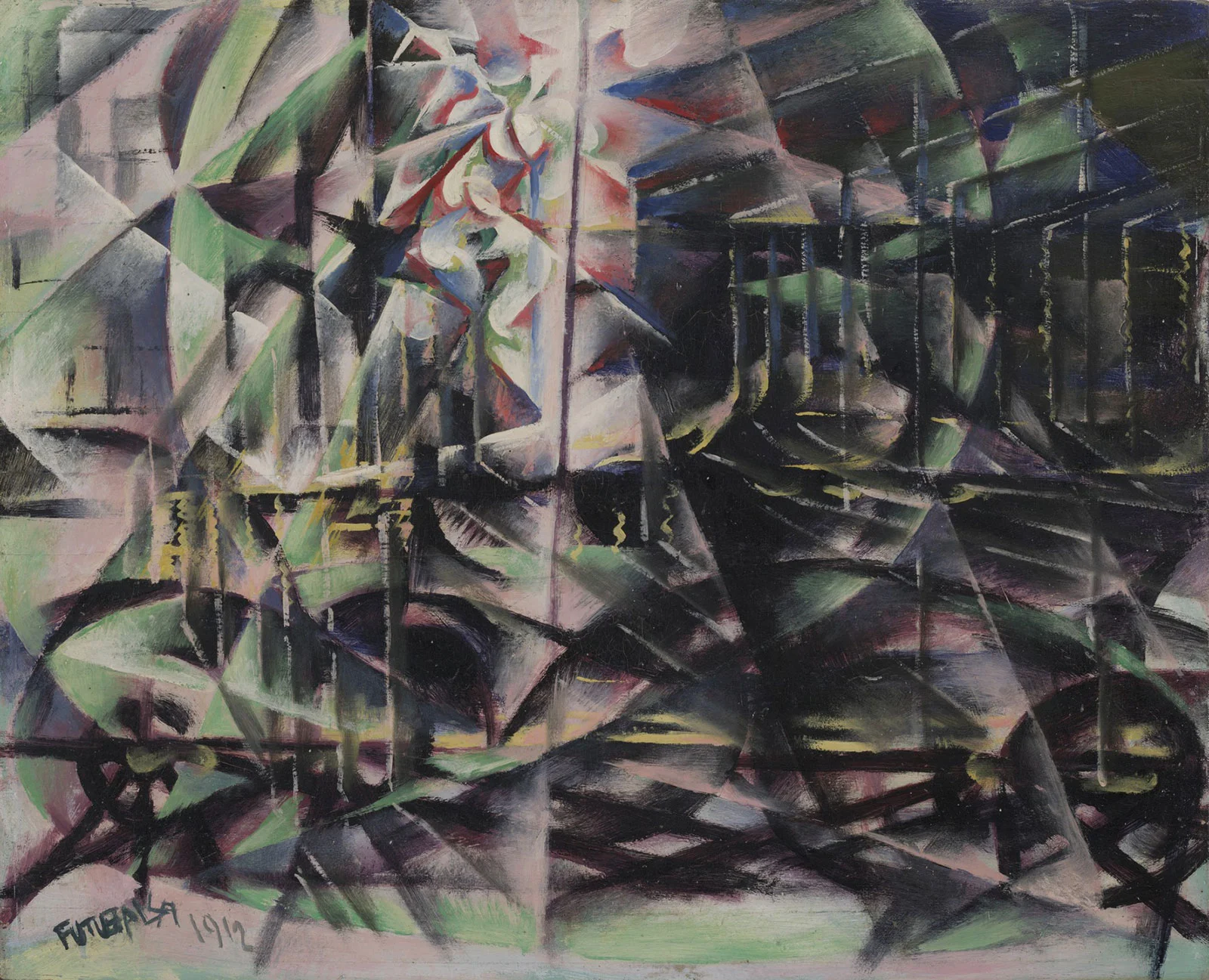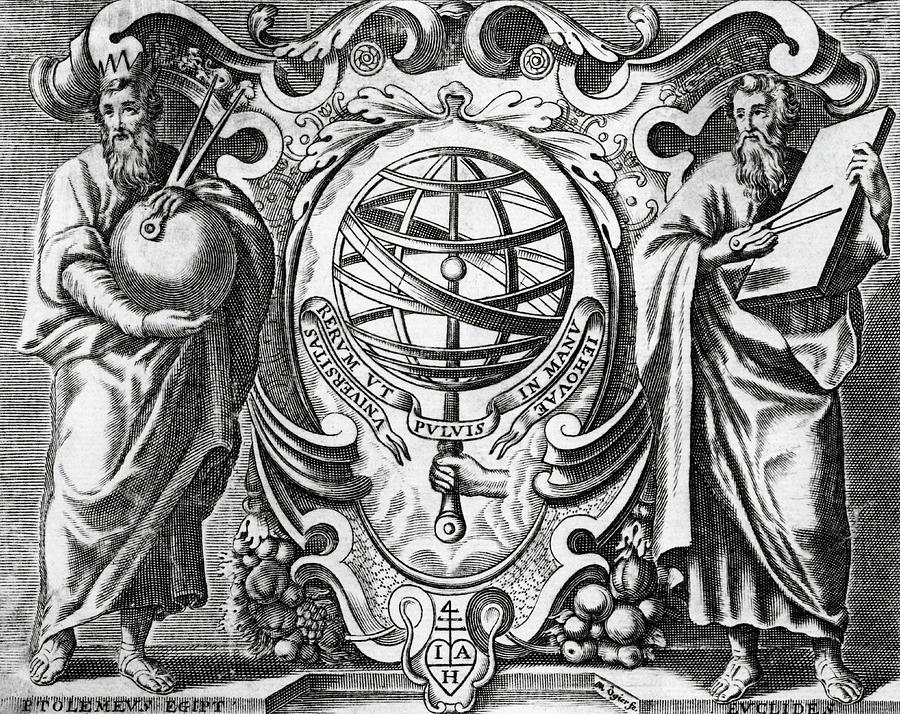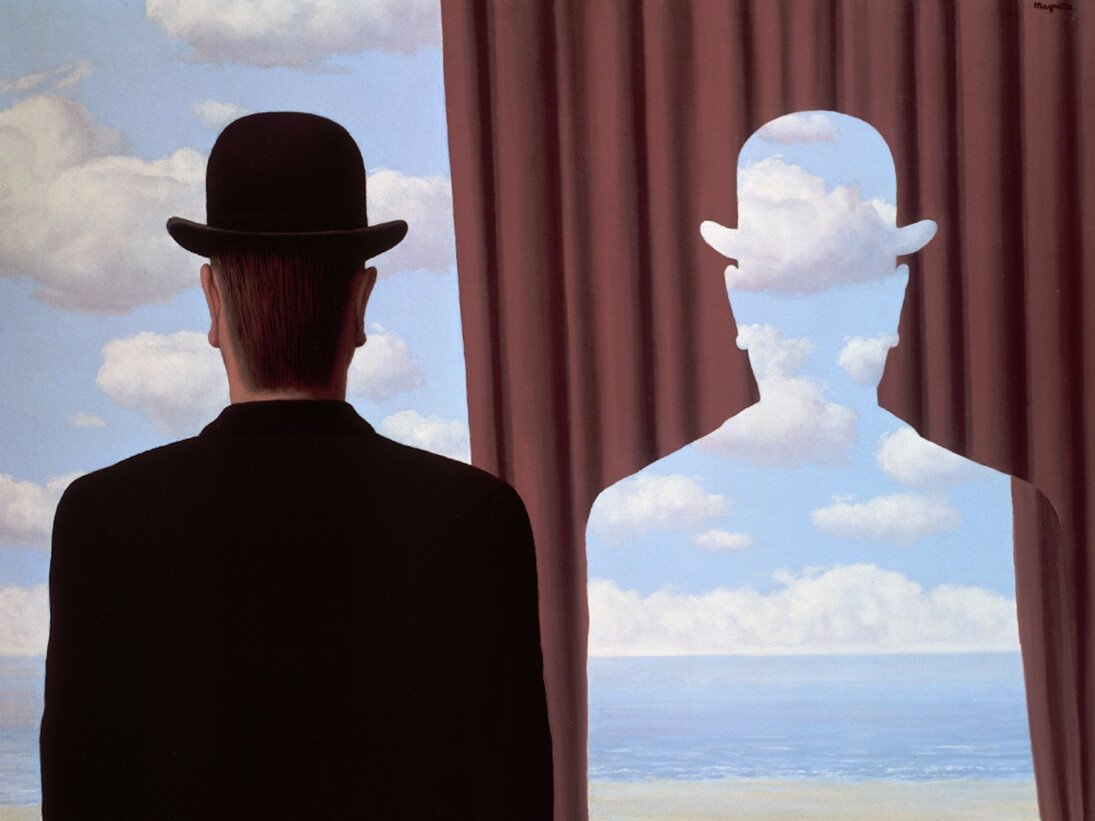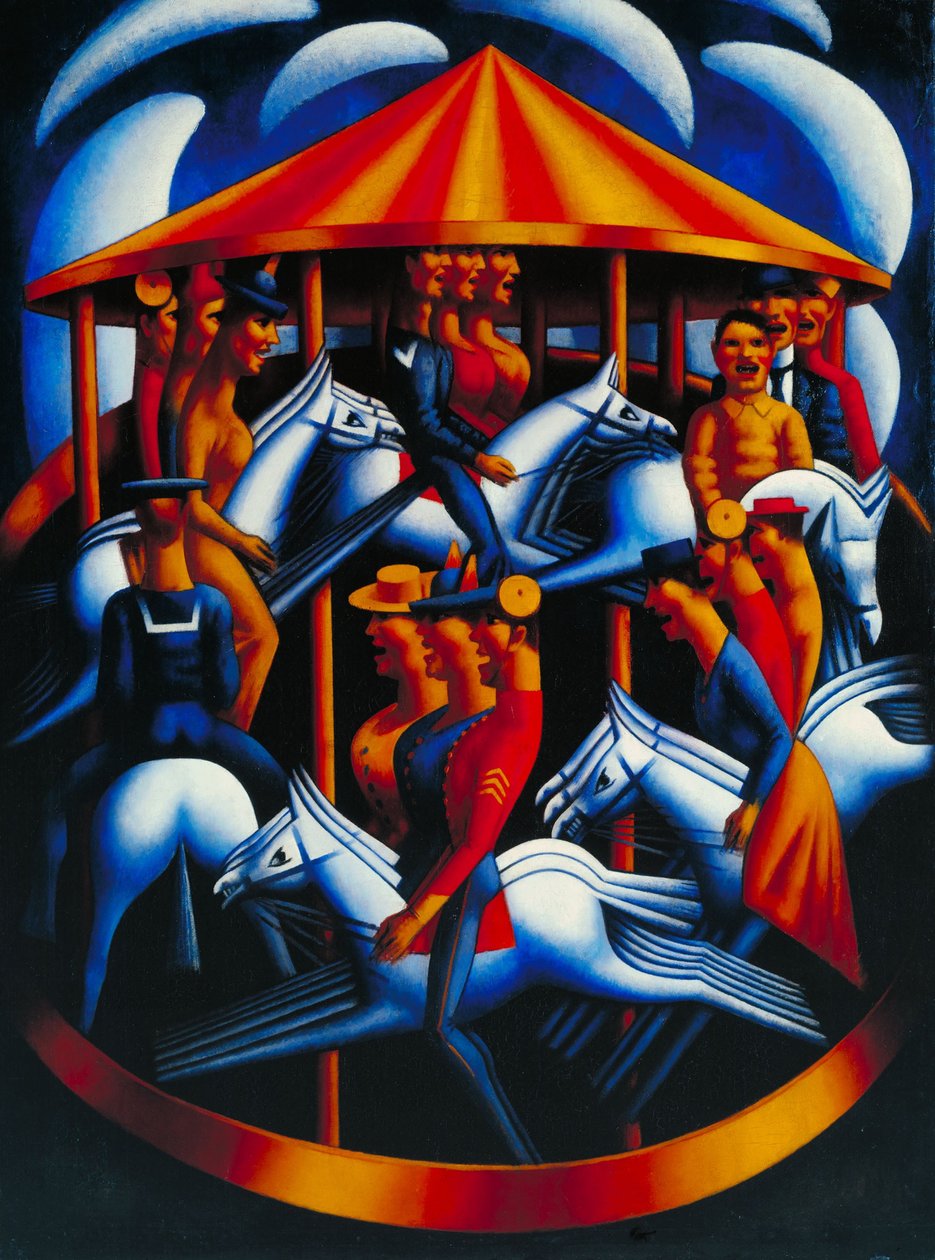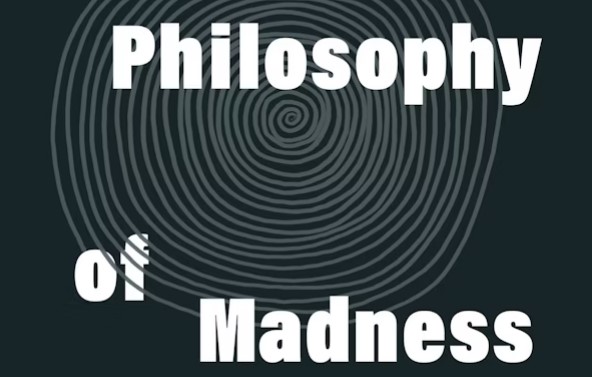-
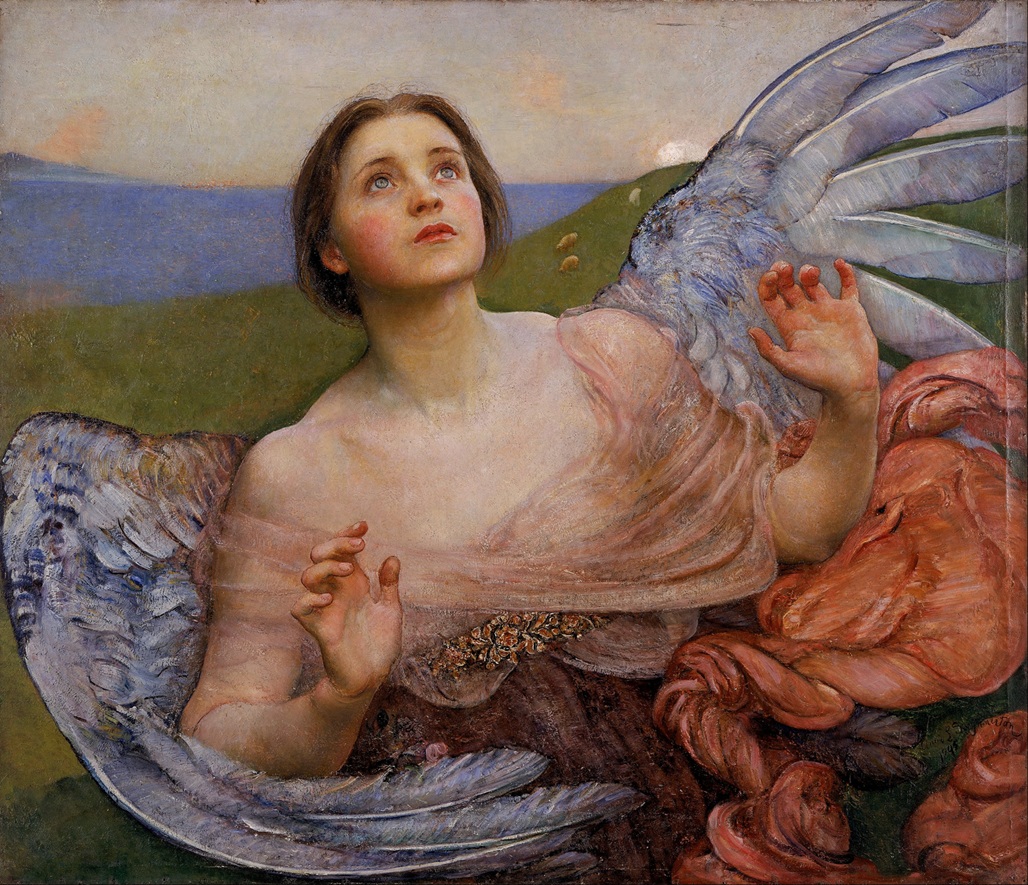
Sapolsky, Robert M. 2025. Določeno: veda o življenju brez svobodne volje. Prev. Samo Kuščer. Ljubljana: UMco. Sapolskyjeva knjiga Določeno: veda o življenju brez svobodne volje (Determined: A Science of Life Without Free Will), ki smo jo vsebinsko orisali že v prvem, povzemalno-kontekstualnem delu recenzije[1]Prvi del recenzije je dostopen…
News
-
Presenting: Ela Praznik
One of the speakers at The Organic and the Normative conference, taking place between July 30–August 1, 2024 in Ljubljana, Slovenia, is going to be Ela Praznik.…
-
Presenting: Christopher Donohue
One of the speakers at The Organic and the Normative conference, taking place between July 30–August 1, 2024 in Ljubljana, Slovenia, is going to be Christopher Donohue.…
-
Presenting: Jan Halák
One of the speakers at The Organic and the Normative conference, taking place between July 30–August 1, 2024 in Ljubljana, Slovenia, is going to be Jan Halák.…
Topics
affection Alexander alterity art Bergson biological subjectivity civilisation complex systems emergence emotion epistemology epoché eternal object event experience explicitation interview fenomenalna zavest Gelassenheit Jonas, Hans kognitivna znanost Martin Heidegger meditative practice meditative thinking Meister Eckhart Michel Bitbol nominalism non-findability object organism other physics Pierce process quantum theory razvoj relativity releasement space subject surplus of signification suspension time valence values čisto izkustvo


